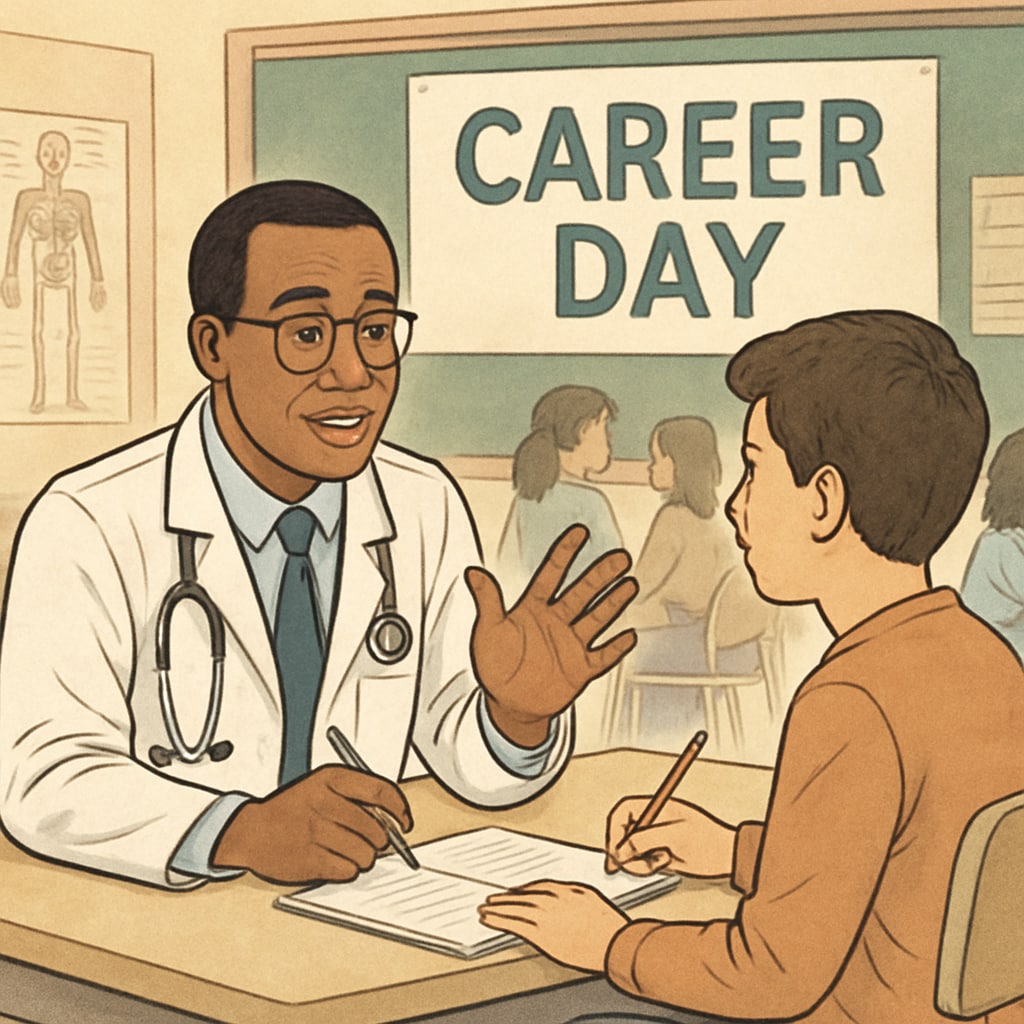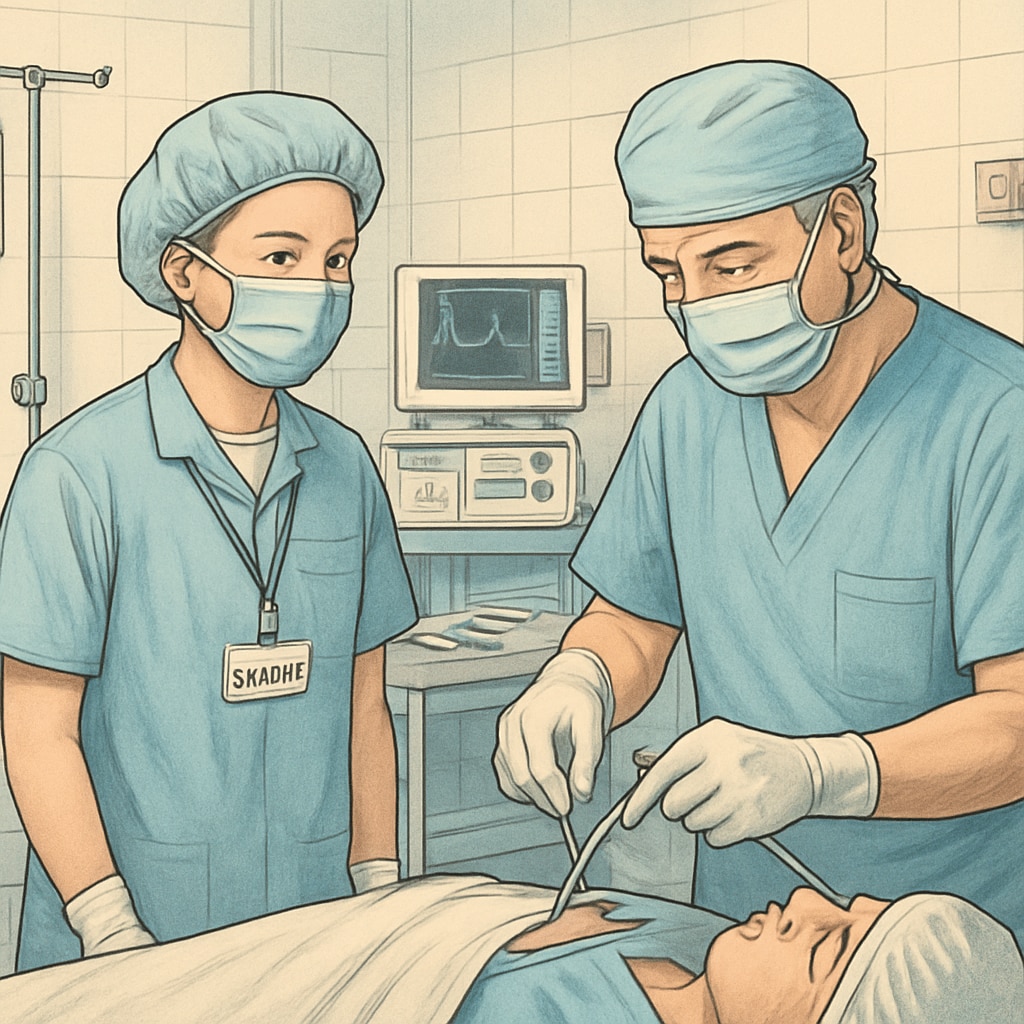For students aspiring to enter the field of medicine, early exposure to the profession is key. Structured doctors’ interviews, school programs, and professional advice can help K12 students make well-informed decisions about pursuing a medical career. This article explores how students can leverage these opportunities to better understand the demands of the profession, build essential skills, and chart a path toward success in medicine.
Understanding the Role of Doctors’ Interviews
One of the most effective ways for students to gain insight into the medical profession is through interviews with practicing doctors. These conversations offer a firsthand look at the challenges and rewards of a career in medicine. For example, students can ask about a doctor’s educational journey, daily responsibilities, and personal experiences in the field. Such dialogues not only inspire curiosity but also provide a realistic perspective on what it takes to succeed.
To make the most of these interviews, schools can organize career days or mentorship programs where students are paired with medical professionals. This structured approach ensures that students receive tailored advice and can ask specific questions about different specializations, such as pediatrics, surgery, or internal medicine.

Leveraging School Programs to Build Core Skills
School programs play a significant role in preparing students for a career in medicine. Many K12 institutions now offer specialized science tracks, pre-med clubs, or extracurricular activities focused on healthcare. These programs allow students to explore their interests in biology, chemistry, and other related subjects while developing critical thinking and problem-solving skills.
In addition, schools can partner with local hospitals or clinics to provide internship opportunities for students. Shadowing doctors or assisting in community health projects gives students practical experience and a deeper understanding of patient care. These hands-on opportunities also help students build essential skills, such as empathy, communication, and teamwork.

Professional Advice: A Guiding Light for Aspiring Doctors
Professional advice from educators, career counselors, and medical professionals can be transformative for students considering medicine. Career counselors, for instance, can help students map out the academic requirements for medical school, including courses in physics, biology, and math. Additionally, they can guide students toward extracurricular activities that demonstrate leadership and a commitment to community service—qualities that medical schools value.
Medical professionals can also contribute by sharing advice on managing the rigors of a medical career. For example, they can discuss strategies for maintaining work-life balance or overcoming challenges during medical training. These insights help students develop a realistic understanding of the profession while inspiring them to stay committed to their goals.
Practical Tips for Students and Educators
To ensure a successful start on the path to medicine, students and educators can take the following steps:
- Organize Career Talks: Invite medical professionals to speak at schools and share their experiences.
- Promote Extracurriculars: Encourage participation in science fairs, debate clubs, or health-related volunteer work.
- Provide Mentorship Opportunities: Pair students with mentors in the medical field to offer personalized guidance.
- Facilitate Internships: Collaborate with local hospitals or clinics to arrange shadowing opportunities.
By taking these steps, schools can foster a supportive environment where aspiring doctors can thrive.
The Importance of Early Preparation
Starting early is crucial for students interested in a medical career. The K12 years offer a unique window for exploring interests, building foundational knowledge, and developing key skills. Structured career exploration activities, such as doctors’ interviews, school programs, and professional advice, not only inspire students but also equip them with the tools needed to succeed in a competitive field.
By bridging the gap between students and medical professionals, educators can help create the next generation of compassionate, skilled, and dedicated healthcare providers.
Readability guidance: This article uses short paragraphs, clear transitions, and concise language to ensure accessibility for readers at all levels. Key points are summarized using lists, and passive voice has been minimized to maintain an engaging tone.


